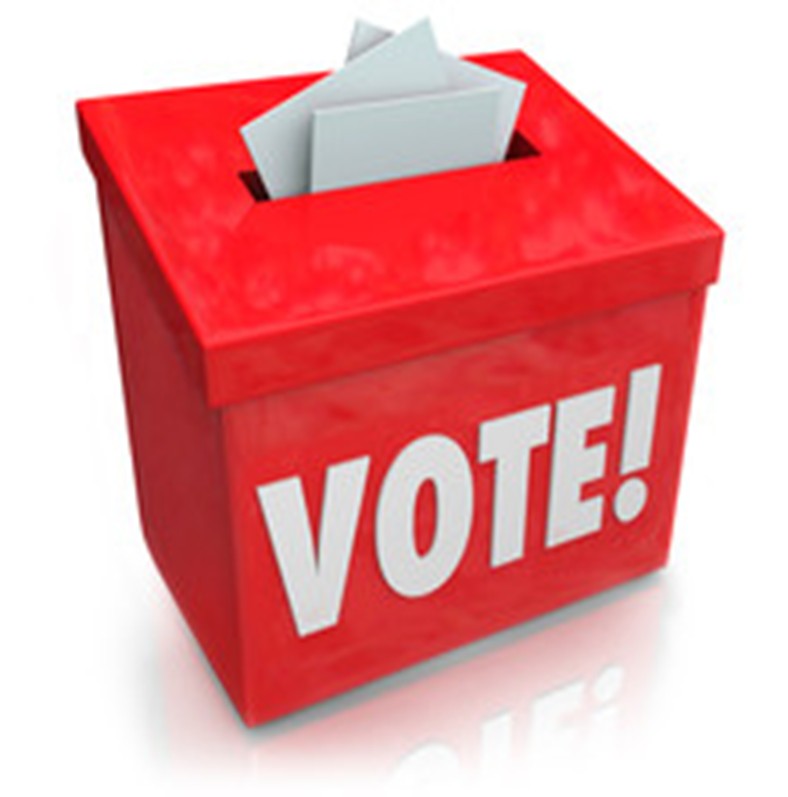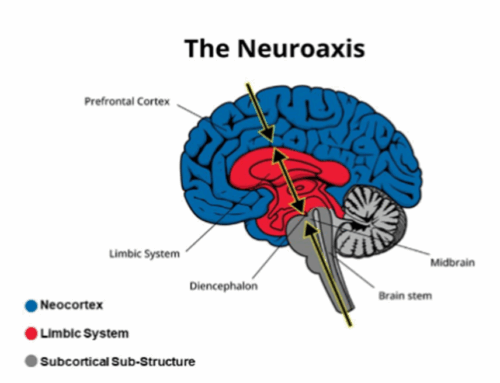By the time you are reading this, the Election will have been decided, and some will be very happy, others less so, while still others downright angry. However, politics does not have to be a bloodsport.
angry. However, politics does not have to be a bloodsport.
In this article I will explore the Art & Science of Healing the Chasm: How Compassion and Empathy Can Bridge Political Divides.
In today’s climate of political polarization, the gap between differing ideologies often feels more like a chasm—wide, deep, and growing. Conversations turn into arguments, relationships strain, and communities fracture. There is heightened tension/stress and reduced energy with which to cope – surging cortisol and adrenaline levels.
What if the way out begins with something as fundamentally human as compassion and empathy? – producing Oxytocin; the brain’s connection hormone.
At its core, polarization stems not only from disagreement, but from a limbic fear response, a misunderstanding, and/or the perceived threat of “the other.” When we view those with differing political beliefs as adversaries or even enemies rather than fellow citizens simply participating in the process, we dehumanize them—and in doing so, we erode the very fabric of the all too human connection we need to survive and thrive.
Compassion and empathy are powerful antidotes to this. They allow us to pause and consider the emotions, experiences, and fears driving another person’s beliefs. They remind us that behind every political stance is a human story—a parent worried about their child’s future, a worker anxious about economic stability, a neighbour concerned about safety or justice.
Engaging with empathy doesn’t mean abandoning our own values. It means being willing to listen without the intent to win. It’s about understanding stress responses to fear.
Small acts to recreate connection can lead to large shifts: a calm conversation at a family gathering, a thoughtful question asked in good faith, a shared experience that transcends ideology. These moments plant seeds of trust and understanding.
Healing doesn’t require unanimous agreement and conformity—it requires mutual respect. It requires the courage to lean in, even when pulling away would be easier. The chasm can be bridged by simple, brave acts and seeing each other as humans first.
In a time when shouting is louder than listening, compassion is revolutionary. And perhaps that revolution begins with each of us, one conversation at a time.
“Thinking is difficult, that’s why most people judge.” ~ Carl Yung.
Cognitive Dynamics can help with Shanker Self-Reg©.






Leave A Comment